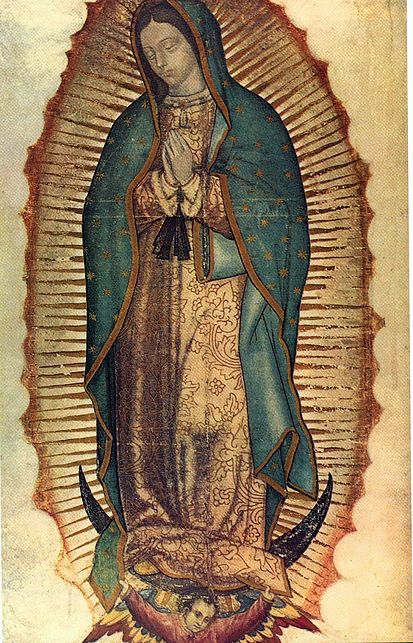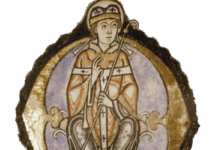On this day in 1917, the royal family of England, by order of King George V, changed their name from Saxe-Cobourg-Gotha to the simpler, and more English, ‘Windsor’, named after the castle and estates about twenty miles west of Charing Cross. The King discerned that the German-sounding moniker did not go over too well in the dark days of the First World War, with untold thousands of Britain’s brightest and best slaughtered on the killing fields by the Germans. The name-change was made in the immediate wake of an air attack on London, by a German bomber able to cross the channel, which was unfortunately named the ‘Gotha G.IV’. Did the name make a difference? The royal family of England have but a tenuous relation to the kings of old – most of all, the Plantagenets; and the house of Tudor died out with the childless Elizabeth the First. By the twentieth century, the rulers of Europe were mostly kissing cousins – in some cases, all too literally – with Britain’s Saxe-Cobourgs related to the imperial family of Germany, and of Russia, along with various other princes and princelings. World War I was in some sense a family squabble, which blew up into an international conflict. Are all wars in some sense ‘civil wars’, if that is not an oxymoron?
If only we could all just get along, would names make that much of a difference? But that will have to wait for heaven, when we will be given a new name, our real and eternal one, written on a white stone (Rev 2:17), and where there will no divisions nor conflicts, only unitas in caritate. We can but hope for some semblance and glimmer of that eternal era of peace in this vale of tears.










